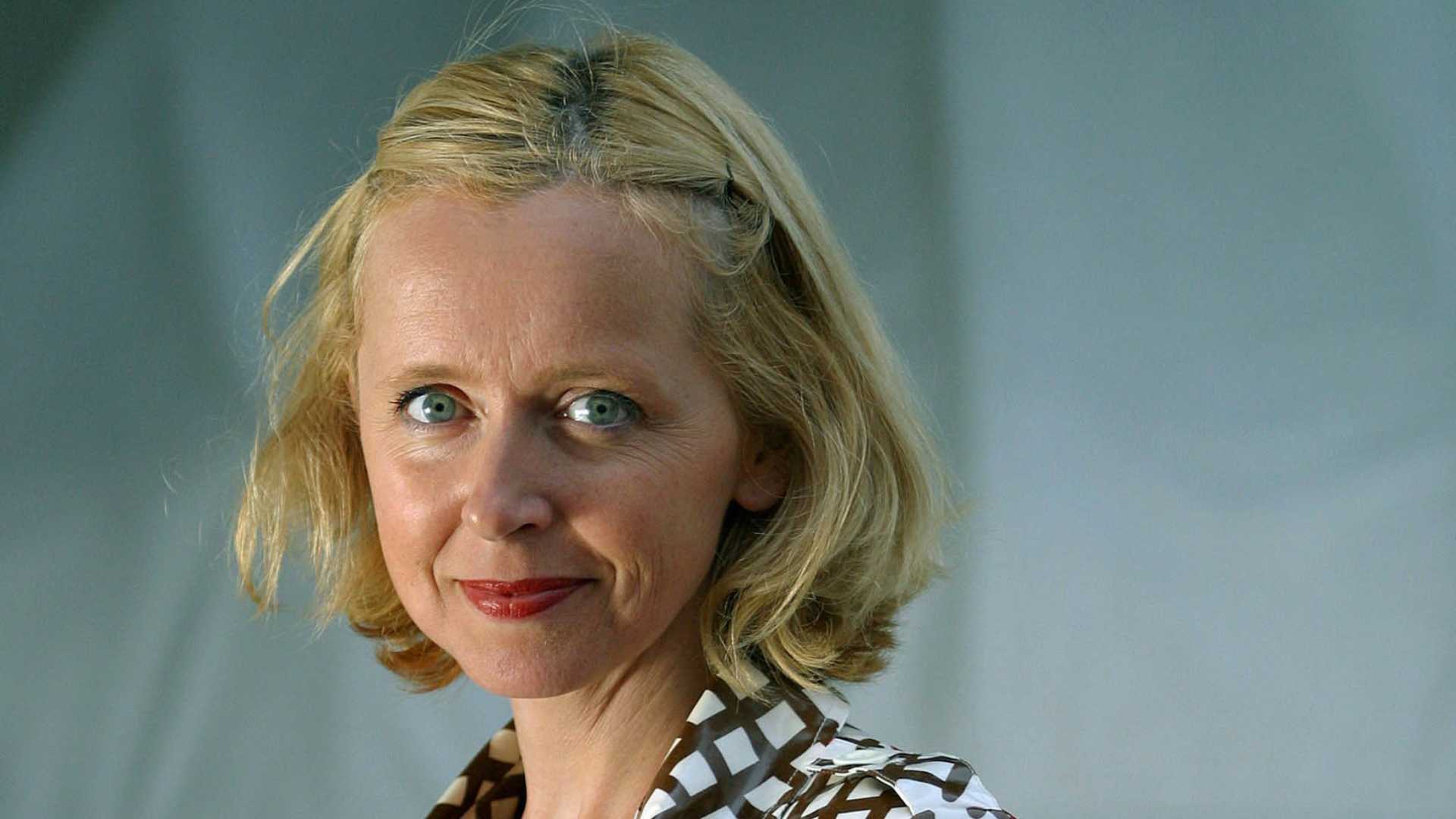Gay refugee who fled rape and persecution in El Salvador kidnapped while trying to enter US
An image showing the living conditions of people in the Reynosa camp in Mexico. (MSF/Esteban Montaño)
A gay refugee who was forced to flee El Salvador because of anti-gay discrimination has opened up about his painful efforts to start a new life in the United States.
Martin – not his real name – is currently residing in a refugee camp in Reynosa, Mexico, where water supplies are short and living conditions are inhumane.
He never intended to leave El Salvador – he lived “peacefully” in his home country and even had his own business. But everything changed for Martin when he was raped.
“I am from the LGBTQ community, I am gay,” Martin said. “And in my country, I suffered discrimination and violent because of that.
“So, at that moment I had no choice but to take the savings I had and try to flee to a more liberal place, where they don’t push you aside, where they don’t see you badly.”
Shortly afterwards, Martin made contact with a person who claimed he could help him get into the United States as an undocumented migrant.
The deal was simple – this person would try three times to get Martin into the United States. If he was turned away at the border – as so many migrants are – he was on his own.
He left El Salvador on 5 March and managed to make it to Monterrey, Mexico – but his plans quickly disintegrated. He tried to cross into the United States on three separate occasions. Each time, he was sent to Reynosa in Mexico.
“Then the last time, I was kidnapped as I was leaving the bridge,” Martin said. “Someone told me that he could help me, made me get into a car and took me to a house where they locked me up for several days.
“We took advantage of an oversight by the kidnappers and escaped with another boy who had also returned to Reynosa. We managed to get to a highway and got on the first bus that passed, which took us to Monterrey. With a 500 pesos bill that the boy had been able to hide we bought some food and cleaned ourselves up a bit.
“There I found out through Facebook that, instead of trying to cross illegally again, I could ask for asylum in the United States to get there by doing things right.”
Martin ultimately decided to return to Reynosa, where he has remained ever since. According to MSF/Doctors Without Borders, at least 2,000 people – most of them from Honduras, Guatemala and El Salvador – have been living in the makeshift camp in Reynosa since it was set up.
People live in “deplorable conditions” and have limited access to basic services, the advocacy organisation said.
Gay refugee stuck living in ‘deplorable’ camp with limited access to water
“The process of being in the camp has not been comfortable at all, the situation here is very difficult, because everyone lives in tents and I don’t have one yet, so I have to sleep where there is space,” Martin said.
“Besides that, there are many needs. For example, water is very vital for humans, but here we have very little for the amount of people we have at the moment.
“The conditions are not the most pleasant for us. I am trying to endure this.”
Martin said that living in Mexico isn’t an option for him long term. He has faced “abuse attempts” in Reynosa and he only feels safe inside the plaza.
“With the guidance of other people, I started the process of applying for asylum and I am waiting to see what the future holds from now on,” he said.
“Here they tell you to be patient, because patience is the only thing that can sustain us. I only hope the there will be a positive result.”
Martin’s story is just one of many, according to Doctors Without Borders. Many others are living in appalling conditions as while they await a decision on their applications for asylum in the United States. Most have fled countries where their human rights were under threat – including other gay refugees.
Most of the migrants currently based in the Reynosa camp were previously expelled from the United States under Title 42, a public health order that constitutes “a flagrant violation of international law,” according to Doctors Without Borders.
The policy means that people can be deported under COVID-19 regulations – and it is putting asylum seekers in danger.
“The situation of migrants in Mexico is unsustainable,” said Gemma Domínguez, MSF’s general coordinator in Mexico.
“Policies that criminalize migration, the lack of an adequate humanitarian response, and repeated violence and persecution against migrants are unacceptable and endanger the lives of thousands of men, women and children”.






